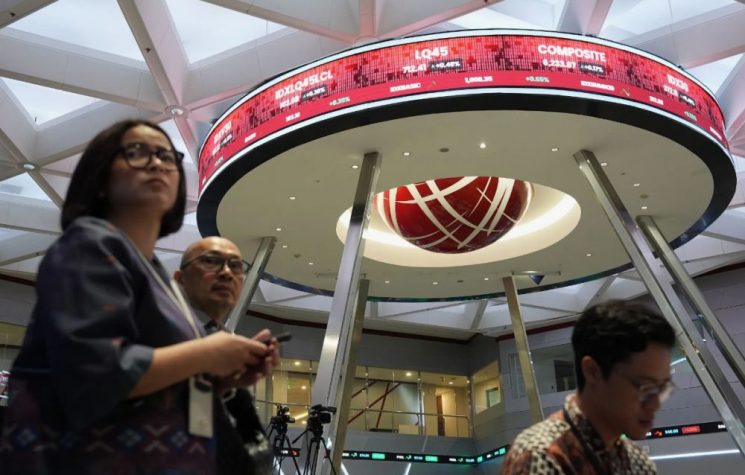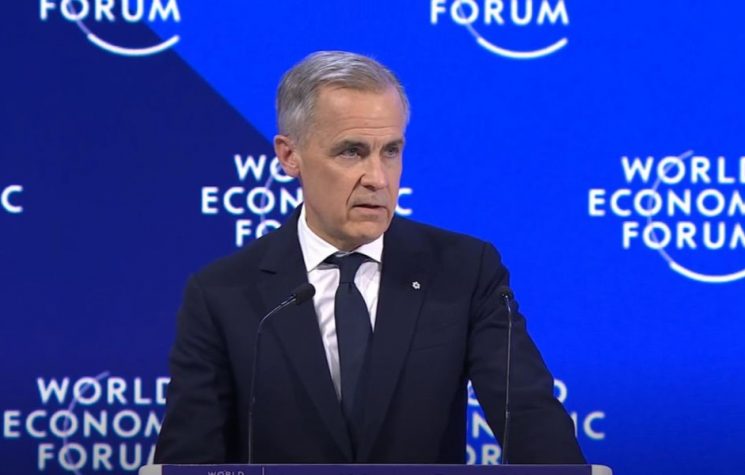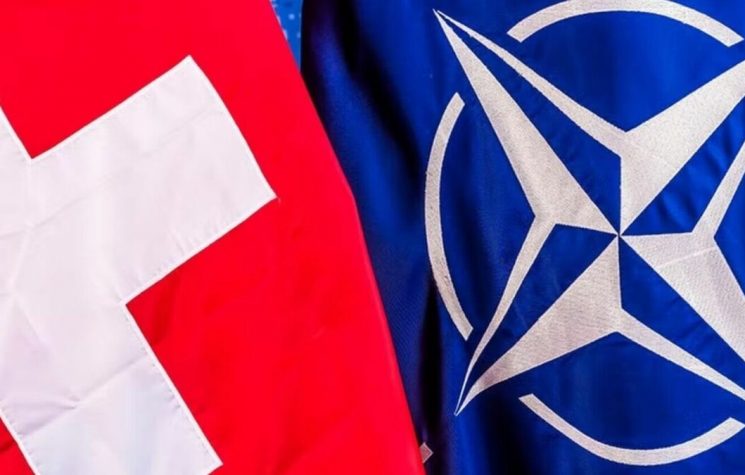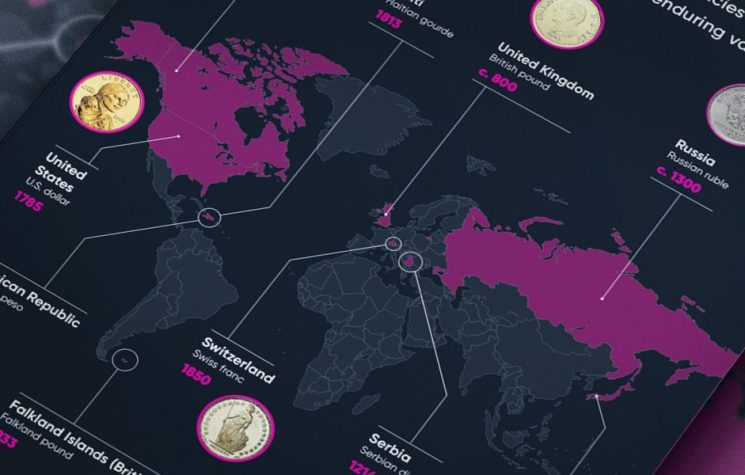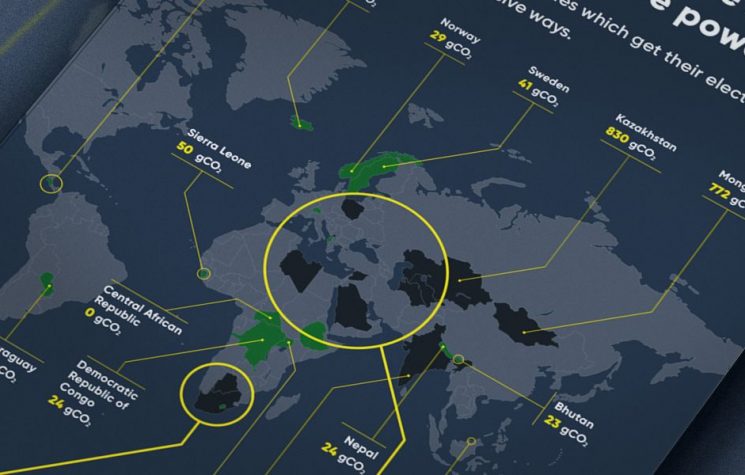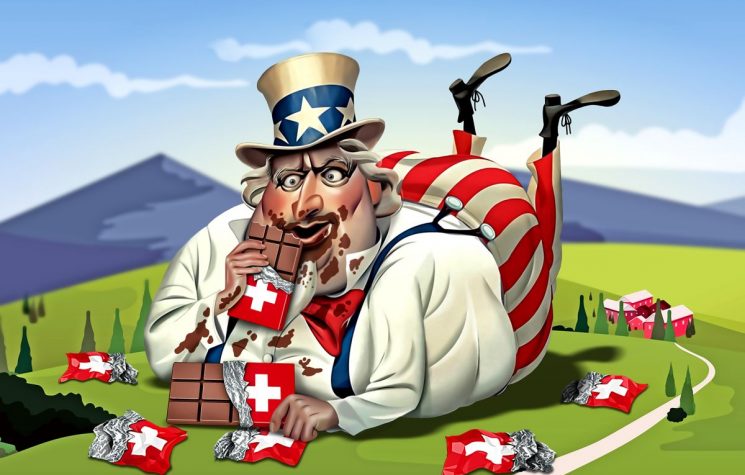Contact us: info@strategic-culture.su
The world is changing so much that even Switzerland has decided to take a stand. And it is likely to be the historically wrong one.
The origin of the myth of Switzerland’s “neutrality”
Switzerland’s neutrality is one of the hallmarks of its national identity and has deep roots in history, politics and international law. One must have a good understanding of what we are talking about to understand its geopolitical weight on a global scale. A country so small but so powerful, especially economically, has something special that others do not.
The infamous neutrality is articulated in a geopolitical and legal concept that has taken an established and globally recognized form, not only as a pacifist stance, but also as a principle of self-determination and stability in an often unstable international context. Swiss neutrality is a policy that implies non-involvement in armed conflicts between states, but it extends far beyond mere non-disengagement, also encompassing a range of obligations and responsibilities that protect its position and independence.
The origins of neutrality can be traced back to the period of the Napoleonic Wars, when Switzerland, despite being a battleground between European powers, decided to adopt a policy of neutrality in order to avoid involvement in continental conflicts. However, the concept of Swiss neutrality did not finally crystallize until the Congress of Vienna in 1815, when Switzerland’s permanent neutrality was recognized by the European powers as part of a broader agreement on the reorganization of Europe after the Napoleonic Wars. Switzerland was, thus, declared “neutralized,” with the major powers pledging not to intervene in its internal affairs or allow its territory to be used for military operations.
This principle of neutrality was later integrated into Switzerland’s laws and political traditions and became one of the foundations of its foreign policy. Swiss neutrality was able to withstand the geopolitical changes of the 19th and 20th centuries, maintaining an equidistant status among the great powers while not relinquishing its role as a diplomatic actor.
To this day, Switzerland’s neutrality is enshrined in a number of international treaties, which define its legal contours and stipulate how it should be applied. First and foremost is the Geneva Convention of 1864, which deals with the protection of prisoners of war and the wounded in armed conflicts, which not only establishes norms of international humanitarian law but also reflects Switzerland’s commitment to be an impartial mediator in conflict situations.
Another key document is the 1815 Treaty of Paris, which formally recognized and guaranteed neutrality on the part of the European powers: Switzerland pledged not to take part in wars or conflicts between states, nor to ally itself with any of the belligerent powers. Neutrality is thus a binding obligation, extending to respect for Switzerland’s own territorial integrity, obliging even foreign powers not to violate it.
It also adds the Swiss Federal Constitution of 1848 itself, and its subsequent revisions, which stipulates that the country must pursue neutrality in any conflict that might threaten its security and independence. Article 5 of the Constitution underscores Switzerland’s right to adopt policies of peace and not to involve itself in military alliances that could compromise its position of neutrality.
The geopolitical implications
Geopolitically, Swiss neutrality has been a factor of stability in a European continent scarred by wars and conflicts. By not being tied to military blocs or defense alliances-at least officially-Switzerland was able to enjoy a strategic isolation that protected its sovereignty and independence. During both world wars, for example, it managed to maintain its neutrality despite being surrounded by belligerent states.
This certainly meant an exemption from direct entry into armed conflicts, but it also involved a delicate diplomatic balance. Switzerland had to manage its neutral position in such a way as to avoid alienating world powers and maintain its status as a country capable of acting as an international mediator.
In recent decades, such neutrality has had to adapt to new geopolitical scenarios, especially with the end of the Cold War and the expansion of globalization. Although Switzerland has never joined military alliances such as NATO, it has had to deal with increasing economic and political interdependence with other states, especially in the European arena. Its geographical location and centrality in Western Europe mean that Switzerland cannot ignore what is happening around-
In the 21st century, Switzerland has continued to maintain a policy of armed neutrality, that is, a neutrality that involves defending its territory with armed forces but without taking sides in international conflicts. This approach allows it to protect its independence without compromising its privileged status. This, however, has provided for some exceptions: Switzerland has participated in peacekeeping missions under the auspices of the United Nations and other international organizations, but always in a way that did not formally violate the basic principles of its neutrality.
If neutrality meets convenience
It happened that with the Special Military Operation, Switzerland decided to interrupt its neutrality-at least media and diplomatically-by standing up for Ukraine, in perfect agreement with various Western leaders. This fact caused no small scandal.
Now the accusations are also coming from Swiss politicians, as in the case of the People’s Party of Switzerland (SVP), which raised the issue and demanded answers from the institutions: it strongly condemned the fact that many weapons previously purchased by Switzerland to replenish the stocks of the national forces were illegally and unjustifiably sent to Ukraine, without the government being able to do anything to prevent the corrupt actions of its officials. It is clear that the government is not working for Switzerland but for the interests of Ukraine and NATO, which SVP members see as a real betrayal of the Swiss people.
There is opposition to any rapprochement with the European Union, because there is an obvious economic and political crisis going on, which would risk dragging the country toward the abyss in no time, compromising its sovereignty and democracy. There is also criticism of the violation of neutrality, where there are internal pushes to have the country join NATO-without a significant change militarily-a choice that would make Switzerland a possible target by more forces hostile to the alliance. On the other hand, Switzerland has always been something of a “positive example” with its neutrality, so much so that it has made it a value associated with its independence and sovereignty. If this were compromised, Switzerland would lose its international prestige and credibility.
Wooing from NATO and the EU continues, however, because Switzerland is a juicy morsel for European finances: lots of money in the hands of a few private banking institutions, very high salaries to plunder, low taxes to play up on. Militarily speaking, the contribution in terms of soldiers would be attractive, since all Swiss citizens have compulsory conscription and are de facto reservists on leave. The armaments and the vehicle fleet are somewhat outdated, but proportionally adequate to defend the country in the context of a conventional conflict.
So it is not a strategic issue, clearly. It is about money. Money that Switzerland has already spent extensively on Europe, in exchange for quiet and its own independence. We are talking about an initial funding of 1.302 billion Swiss francs, doubled until 2029, as a figure to reinforce cooperation and help the EU in some areas of difficulty, of which 1.102 billion went to the “cohesion” framework fund, 200 million to the “migration” framework credit. And still there is quite a lot of money to be able to invest.
If Switzerland compromises, it might not only redefine its role as an international guarantor, but even risk political implosion, because neutrality and sovereignty are intimately linked for the Swiss.
It is legitimate to ask whether the present financial cooperation does not also have a moral implication towards neutrality: can so-called “Swiss values” be bought? If so, at what price?














